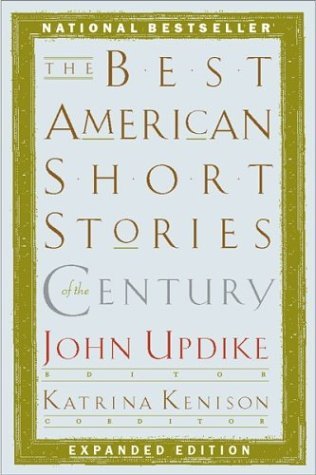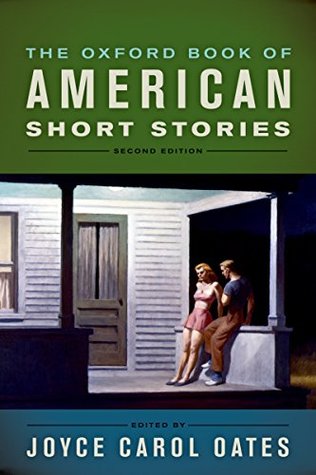7♠ 7♠ 7♠ 7♠ 7♠ 7♠ 7♠ 7♠
Ghost of a yell slipped through the flames and out the great door of the factory. It fluttered like a dying thing down the single street of factory town. Louisa, upon the step before her home, did not hear it, but her eyes opened slowly. They saw the full moon glowing in the great door. The full moon, an evil thing, an omen, soft showering the homes of folks she knew. Where were they, these people? She’d sing, and perhaps they’d come out and join her.
In Joyce Carol Oates’ introduction to Jean Toomer’s short story “Blood-Burning Moon”, she emphasizes the musical and lyrical quality of Toomer’s writing. So I couldn’t help myself from feeling the rhythm and hearing the music as I read the story this week.

The story has a tight plot in what might be considered a love triangle. It starts out soft and slow but crescendos into something big and tragic – in some respects it feels like an opera. As I started reading it, I heard something like the beginnings of Gershwin’s Rhapsody in Blue but then it turned into Coltrane’s A Love Supreme.
I’m not sure I could find a supreme love in the plot, itself, but I could hear and feel the supreme love of an author for the words with which he tells this beautiful story.
This story is included in the collection The Oxford Book of American Short Stories edited by Joyce Carol Oates which is where I read it. It’s also included in The Best Short Stories of the Century edited by John Updike. I read this story when I selected the Seven of Spades for Week 21 of my Deal Me In 2018 short story project. My Deal Me In list is here. Deal Me In is sponsored by Jay at Bibliophilopolis.






